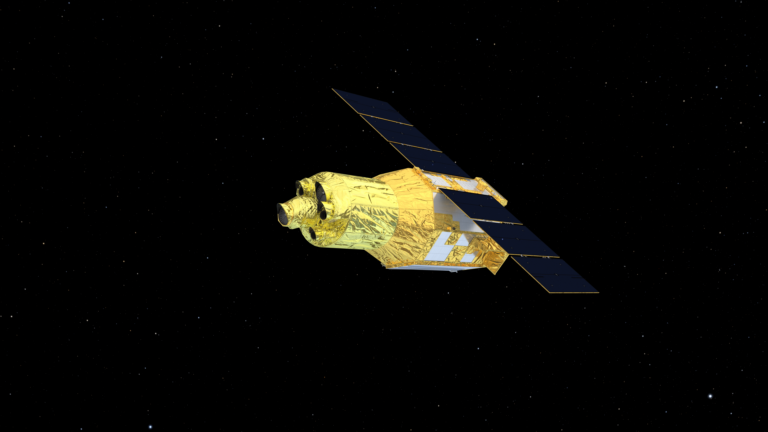Arp was born March 21, 1927, in New York City. He received a bachelor’s degree from Harvard University in 1949 and a Ph.D. from the California Institute of Technology in 1953. He then became a Fellow of the Carnegie Institution of Washington. During his stint there, Arp conducted research at Mount Wilson Observatory and Palomar Mountain Observatory, both in California.
Arp became a Research Assistant at the University of Indiana in 1955. In 1957, he took a position as an astronomer at Palomar Mountain Observatory where he worked for 29 years. In 1983, he moved to Germany to join the staff of the Max Planck Institute of Astrophysics.
One of Arp’s best-known scientific arguments was against the Big Bang theory, which posits a rapid expansion of all things from a hot dense state. He often spoke and wrote about what he saw as the flaws of that theory.
Arp is survived by four daughters.










